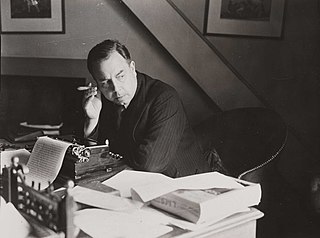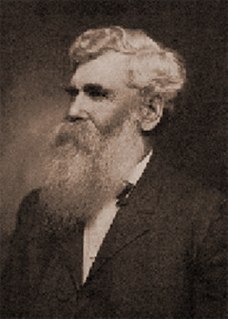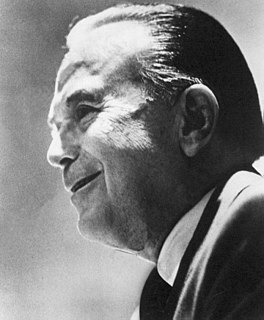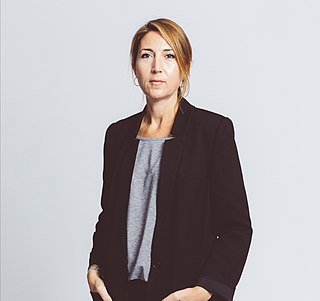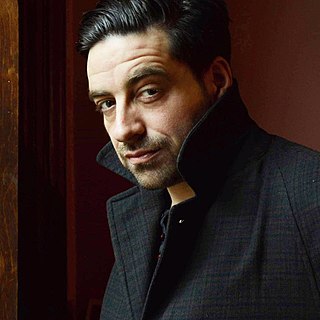A Quote by J. B. Priestley
There is romance, the genuine glinting stuff, in typewriters, and not merely in their development from clumsy giants into agile dwarfs, but in the history of their manufacture, which is filled with raids, battles, lonely pioneers, great gambles, hope, fear, despair, triumph. If some of our novels could be written by the typewriters instead of on them, how much better they would be.
Related Quotes
Hope is a terrible thing, she said. Is it? Yes, it keep you living in another place, a place which doesn't exist. For some people it's better than where they are. For many it's a relief. From life, she said. A relief from life? Is that living? Some people don't have a choice. No and that's awful for them. Hope is better than misery, he said. Or despair. Hope belongs in the same box as despair. Hope is not so bad, he said. At least despair has truth to it.
For readers worldwide, the attraction of romance novels seems to be that they provide hope, strength, and the assurance that happy endings are possible. Romance makes the promise that no matter how bleak things sometimes look, in the end everything will turn out right and true love will triumph -- and in an uncertain world, that's very comforting.
I'm not typing. I write only by longhand. I've always written first drafts by hand and then once I was into a second or third draft I wrote insert pages on a typewriter. But I got rid of all my typewriters about three or four novels ago and now I do everything by hand. I write by hand because it makes me go slow and going slow is what I like.
I've always liked the idea of inventing stuff. My father told me, because I was naïve, I would think things could work and therefore do them, because I would have no doubt even though there was no solid foundation for this confidence. I don't think I would be a real inventor. But when I set out to do animation, which was my first step into film-making, I realised I could achieve this idea. I could take some elements, create a sort of clumsy invention, and make them work for the camera.
